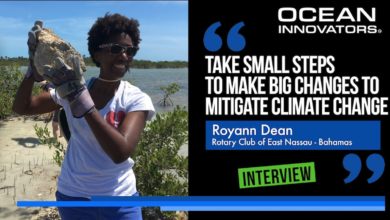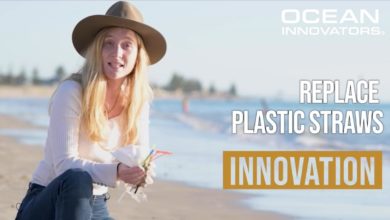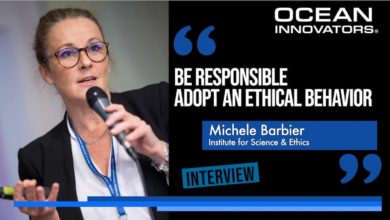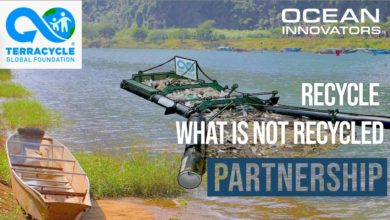Greenbatch Foundation – WA 1st PET plastic recycling facility
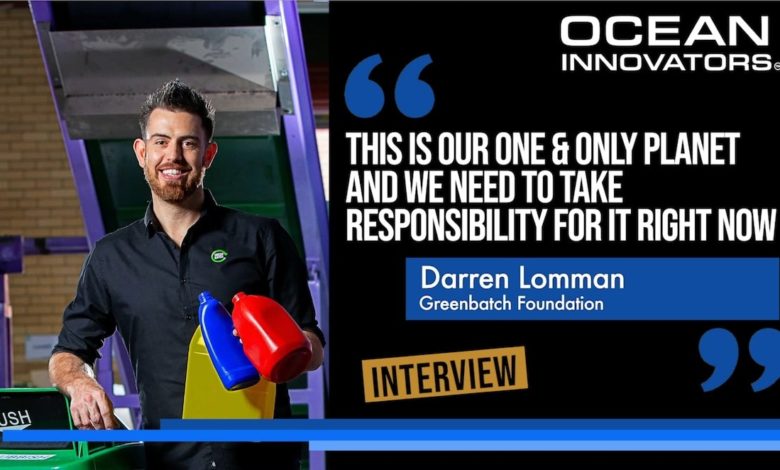
- PET plastic: How it all started?
- The Greenbatch Foundation activities
- Greenbatch foundation in WA
- How you can help?
Greenbatch launched off a crowd funding campaign in 2017 and started working on turning plastic bottles into 3D printer filament. Greenbatch has continued to grow and recently started commissioning WA’s first waste plastic reprocessing line increasing capacity to 500kg per hour. Not satisfied with this, the Greenbatch Foundation and the team are in the process of raising the funds to build a 5,000kg per hour facility which will enable the reprocessing of 100% of WA’s PET and HDPE plastic.
PET plastic: How it all started?
The Greenbatch Foundation was created in 2016 when Claremont-based Engineer, Darren Lomman heard a quote based on research presented at the World Economic Forum: ‘By 2050 there will be more plastic in our oceans than fish.’
What started as a one-man operation in Darren’s garage in WA, has grown into a community and volunteer driven network of Western Australian’s who have taken the recycling matter into their own hands.
Did you know by 2050 there will be more plastic in our oceans than fish? The Greenbatch Foundation’s mission is to reverse this. Greenbatch is working towards building WA’s first PET plastic recycling facility by partnering with schools, businesses, and community members to create a Recycling Collections Network. Find out more about this project in the article and video interview below, including how Greenbatch is reusing recycled plastics.
The Greenbatch Foundation activities
Greenbatch’s Recycling Collections Network (RCN) collects all the #1 PET and #2 HDPE plastic bottles and containers they can. The collected plastic is sorted and reprocessed. Plastic bottles are turned into 3D printing filament for schools to build and create with. Recycled cotton and bottles are turned into new textiles. Plastic bottles can even be given a new life with the same purpose, being turned back into recycled material bottles.
There are attractive benefits to join the Greenbatch RCN, such as discounted 3D filament, educational presentations and workshops, access to Rotary leadership programs, and rebates under the WA Container Deposit Scheme (CDS) on eligible CDS items.
This is a refreshing taste of the future of recycling in our beautiful Country. The Australian Government commenced a phased waste export ban on all recycling waste being exported overseas as of 1 July 2020. Last year alone, Australia exported 4.5 million tonnes of waste, costing states and territories billions. Australian Prime Minister Scott Morrison says it’s “Our waste, our responsibility.”
Greenbatch Foundation in WA
Businesses are saying the boost in State Government funding could see WA as a global leader in the sector. Acting WA Environment Minister, Francis Logan, said better recycling in WA would create three times more jobs. “In WA, almost 12,500 tonnes of plastic and 7,000 tonnes of tyres would be captured as a result of the export ban on certain wastes. This represents huge opportunity for industry in WA.” Mr Logan said.
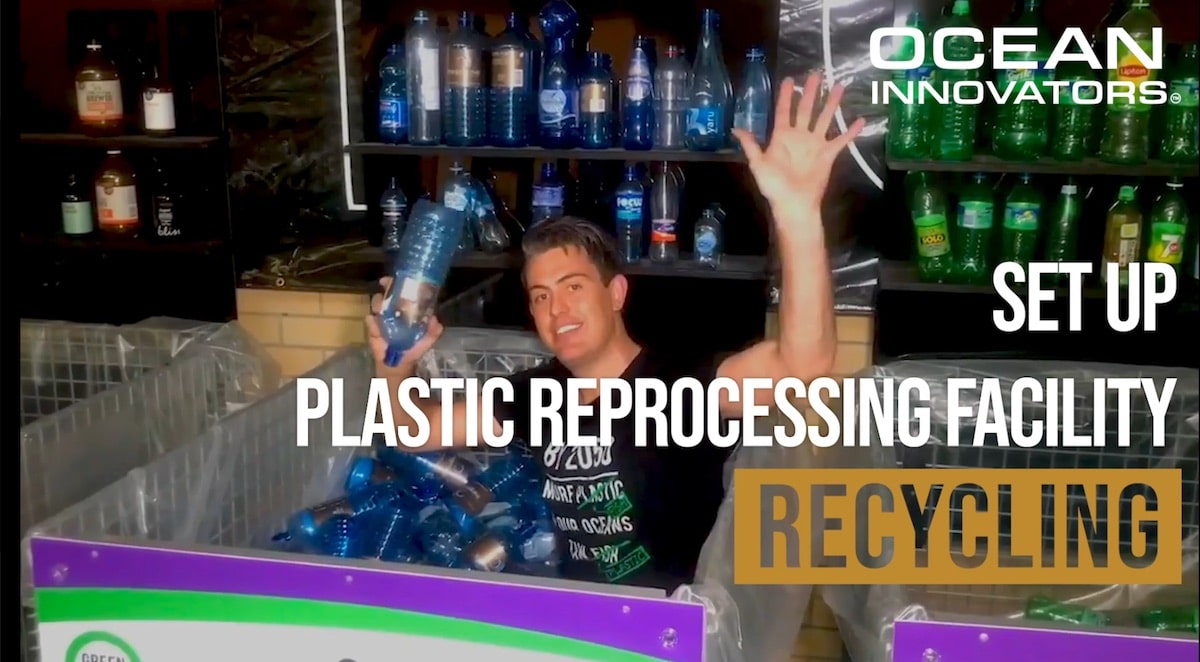
How you can help?
Greenbatch has a vision to establish a 5,000kg per hour facility which will enable the reprocessing of 100% of WA’s PET and HDPE plastic. You can help Greenbatch by:
- Joining as a business/organisation/school etc in Western Australia to help at plastic collection sites
- Providing investment to scale facility size (funds being leveraged 1:3 via current Australian government funding for plastic reprocessing)
- Supporting as volunteers to come join the Greenbatch Foundation team.
You can follow Greenbatch on Facebook where they often go-live and share with the community. They also have a very informative website! And you can find them on Twitter @GreenbatchWA and Instagram.



